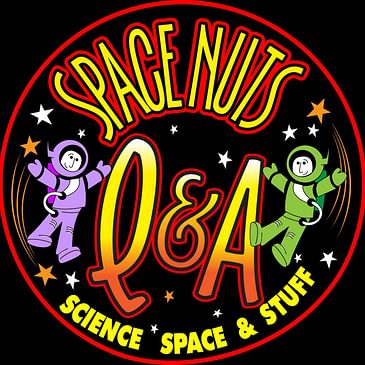Firstly, Bo from Melbourne brings us a mind-bending question about the Big Bang and gravitational waves. Could the universe's colossal birth have sent ripples through the fabric of spacetime? Fred unpacks the complexities of detecting such ancient cosmic echoes and explores the tantalizing links to the cosmic microwave background radiation.
Next, Rennie from sunny West Hills, California, presents a tantalizing 'what if' scenario: What if the Sun never died? Would Earth eventually succumb to its own demise? Our dynamic duo contemplates the slow dance of celestial mechanics, the potential for human adaptability, and the intriguing future of a planet with a 42-day-long day.
Lastly, Daniel from Adelaide ponders a cosmic conundrum where time and dark energy might intertwine. As he questions the nature of the universe's accelerated expansion and the role of dark energy, Fred provides a nuanced response that sifts through the layers of cosmological understanding.
With each query, Andrew and Fred traverse the vastness of space, time, and possibility, offering insights that will leave you pondering long after the episode ends. So join us on this intergalactic expedition, and don't forget to submit your own questions to Space Nuts for a chance to be featured in future Q&A escapades!
For more space-time adventures and to satisfy your astronomical curiosity, subscribe to Space Nuts on your preferred podcast platform. Until we chart our next course through the cosmos, keep your eyes to the skies and your wonder boundless!
Episode Chapters:
(00:00) Welcome to Space Nuts Q&A with Andrew Dunkley and Professor Fred Watson
((01:08) Did the big Bang produce gravitational waves or echoes
(08:47) Would the earth eventually erode, decay and die on its own
(13:27) What if time and dark energy were actually the same thing
(14:35) Daniel Winfred: Is time and dark energy the same thing
(18:07) How to submit your questions and wrap-up
Become a supporter of this podcast: https://www.spreaker.com/podcast/space-nuts--2631155/support.



